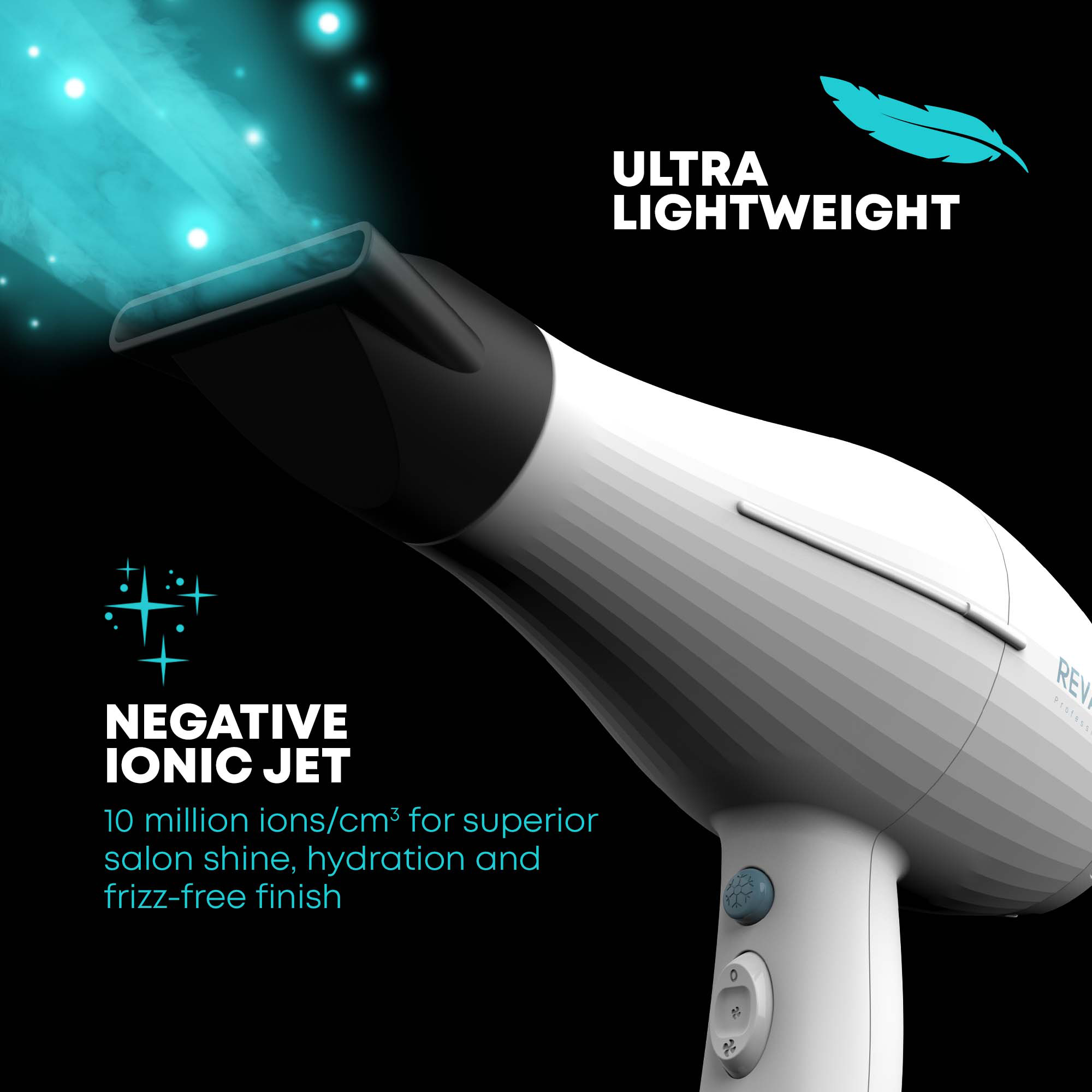
In today's fast-paced, high-tech world, achieving a perfect equilibrium has become increasingly hard to achieve. With our bodies pushed to the limit, it's easy to forget about overall well-being. However, the pineal gland, a small but powerful gland located in the brain, plays a crucial role in our physical, emotional, and spiritual health. To optimize its function and promote a balanced lifestyle, it's essential to incorporate certain habits and practices into our daily routine.
First and foremost, getting enough restful sleep is vital for pineal gland function. The pineal guardian price gland is responsible for producing melatonin, a hormone that regulates our circadian rhythms. To support melatonin production, it's essential to establish a consistent sleep schedule and aim for 8-10 hours of sleep each night. Creating a relaxing bedtime routine, such as reading a book or practicing yoga poses, can also help signal to the brain that it's time to wind down.
In addition to adequate sleep, maintaining a healthy diet is also essential for pineal gland health. A diet rich in essential nutrients, particularly vitamin D and manganese, can help support pineal gland function. Include foods such as leafy greens and nuts and seeds in your diet, and consider supplementing with magnesium if necessary. It's also essential to avoid foods and substances that harm pineal gland function, such as pesticides and harmful additives.
Another crucial aspect of supporting pineal gland function is calming the mind and body. Practices such as yoga and mindfulness can help promote a sense of inner peace. In addition, engaging in activities that bring joy and creativity, such as music or writing, can also help stimulate the pineal gland.
Light exposure is also an essential factor to consider when it comes to pineal gland health. Exposure to natural light during the day helps regulate the pineal gland's production of melatonin, while exposure to soft LED lights at night can help reduce melatonin suppression. Consider using dim red lights in the evening, and avoid using electronic devices at least an hour before bedtime.
Lastly, incorporating practices that promote mental clarity can also help support pineal gland function. Activities such as reading spiritual texts and engaging in intellectual pursuits can help promote a sense of awareness and promote a sense of connection to the universe.
By incorporating these habits and practices into our daily routine, we can help support pineal gland function and promote a balanced lifestyle. Remember, taking care of the pineal gland is not just about its physical health, but also its inner balance and harmony. By prioritizing our overall health and well-being, we can reveal the secrets of our true selves and live a more meaningful and fulfilling life.